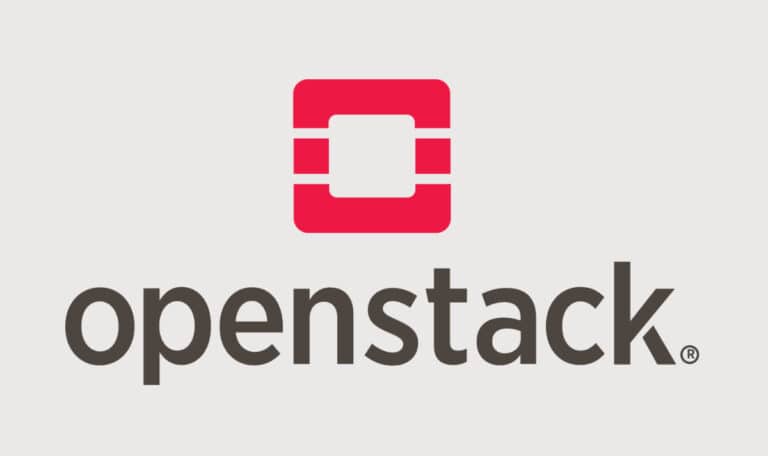The OpenInfra Foundation is releasing the 29th version of OpenStack, software that allows users to build their own open-source cloud environments. Titled Caracal, this version adds significant enhancements for users running demanding AI and high-performance Computing (HPC) workloads.
This latest version of OpenStack also provides options for users who want to run virtualized workloads on a large scale while avoiding “the vendor lock-in nature of proprietary solutions,”. A statement with which the OpenInfra Foundation is primarily courting VMware customers looking for alternatives.
Thierry Carrez, general manager of the OpenInfra Foundation, believes the latest version of OpenStack is ideally suited for these two areas. For example, he mentions the possibility of vGPU migration in Nova (one of OpenStack’s service components). Such migration is particularly interesting when a VM temporarily needs more computing power or when the physical hardware needs maintenance
By enabling vGPU migration, OpenStack allows users to dynamically adapt graphical workloads to the requirements of different virtual machines. This should provide greater flexibility and efficiency, OpenInfra argues.
New security upgrades
“[…] In other components you’ll see several user experience improvements that will make OpenStack more intuitive to use for users new to cloud infrastructure,” Carrez continued. “Beyond that, you’ll see in Caracal that the OpenStack community is still very active in enhancing security, performance, reliability, and addressing the type of housekeeping and QA work that continues to make OpenStack the open source cloud platform of choice.”
Tip: Red Hat now integrates OpenStack with Red Hat OpenShift
In terms of security, role-based access control has been improved in the Ironic, Keystone, Kolla, and Magnum services. Horizon and all its plugins now support the Node.js 20 version. Horizon now uses the Django 4.2 framework and no longer supports the outdated 3.2 version. New configuration options have also been added. These include managing metadata in Manila and automatically closing console sessions in Nova for improved security.
Zoological naming convention
OpenStack reached the end of the alphabet in late 2022 with the Zed release. The OpenInfra Foundation began counting from scratch again in 2023 with the Antelope and Bobcat releases. Caracal is the first release of 2024, followed later this year by Dalmatian. Attentive readers might notice that OpenInfra has been inspired by the animal kingdom for this tour along the alphabet’s letters.
OpenInfra likes to compare ‘their’ Caracal with the African wild cat after which this release has been named. These are ‘the ability to make great leaps, agility and high performance, fierce protection of its territory, and adaptability to new environments’.
SLURP Release
OpenStack Caracal is a SLURP (Skip Level Upgrade Release Process) release and thus a big tick in the well-known tick-tock model where users can opt for only an annual major upgrade (tick) or can also choose to add the minor half-yearly upgrade (tock). OpenStack has been operating on this principle since last year. However, Caracal is the first release where operators can leap from the previous two releases, Antelope and Bobcat, through skip-level upgrades.
The Caracal release is available for download now. On Thursday, April 4, the OpenInfra Foundation will present the release during a live stream. It can also be viewed later on demand. This presentation will start at 14:00 UTC.
Also read: OpenStack community releases Zed, even more emphasis on security and hardware enablement
